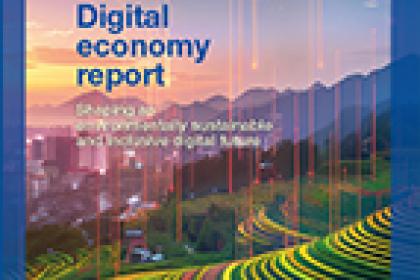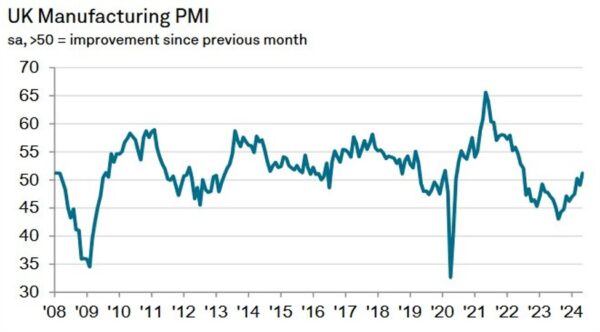Digital Economy Report 2024 | UNCTAD

To tackle the environmental challenges of digitalization, we must transition to a circular and inclusive digital economy. This involves adopting sustainable practices throughout the entire lifecycle of digitalization – from design and production to usage and disposal – while ensuring equitable economic benefits.
The digital economy currently generates excessive waste, reinforced by programmed obsolescence – the built-in reduction of a product’s lifespan due to technical, functional or psychological reasons – in modes of production.
A circular economy minimizes waste and maximizes resource use through reusing, refurbishing, recycling, and extending product lifespans.
However, only 7.2% of the global economy is estimated to be circular, and this share is declining due to increased material extraction and use. As of 2022, only 24% of digital waste was formally collected globally, with much lower rates in developing countries.
Shifting to a circular and inclusive digital economy addresses environmental concerns while promoting economic opportunities and job creation. For example, the global market for electronics recycling is expected to grow from $37 billion in 2022 to an estimated $108 billion by 2030, led by the United States and China.
By optimizing resource use and reducing waste, businesses can lower costs and create new market opportunities. Sustainable practices can also lead to technological innovations that benefit people and the planet.
The report calls for a shift away from the “extract-make-use-waste” approach. Besides more appropriate policies, key strategies include designing for durability and repairability, promoting recycling and recovery, encouraging responsible consumption and supporting sustainable business models.
Moving towards sustainable digitalization will require those that are overconsuming to moderate their consumption of devices, so that the parts of the world that are insufficiently connected can continue to digitalize for development.
Collaboration among governments, businesses, consumers and civil society is crucial for success. Inclusive solutions require diverse perspectives.
This article was originally published by a unctad.org
Read it HERE







